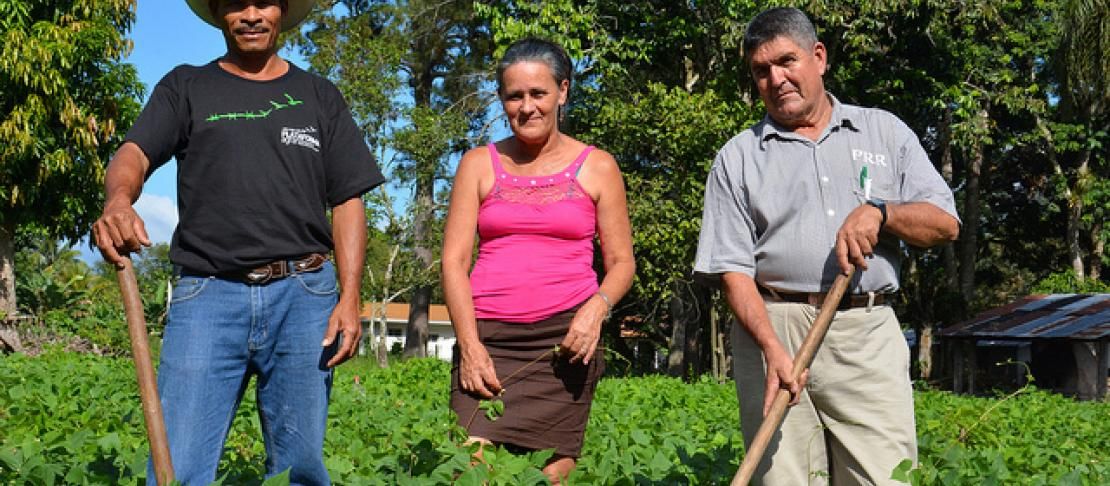Working towards a climate smart agricultural sector in Latin America

Project description
This project evaluates climate-smart agriculture (CSA) options using an iterative approach that progressively approaches a balanced portfolio. The evaluations themselves are guided by input from local stakeholders in the Climate-Smart Villages (CSVs) across Latin America. In addition, the team uses applied information economics and simple models to evaluate a large number of existing CSA practices and technologies. In the process, the research team has identified what additional information is needed to reduce uncertainty and combine different options in balanced portfolios. The team then collected this information through small-scale experiments and observations. Finally, the team supported donors, governments, business, National Agricultural Research Systems, local organizations and governments to use of this information in planning and investing.
The objective of this research is that at least two government or private sector stakeholders in the identified Climate-Smart Villages plan their investments and make decisions using the CSA assessment approaches and improved portfolios developed. In addition, the research aims that these stakeholders use scientific information in the design or implementation of at least two equitable policies, strategies or local investment plans.
These plans led to increased adaptation, mitigation and food security by redirecting currently available local government budgets (and possibly new funds) to activities that generate more return on the investment made.
Outputs
- Spanish language materials for CSA prioritization, portfolio construction and CSA testing using appropriate methods for local evidence-based policy making
- Evaluation of CSA tests and documentation of lessons learnt - cross-regional comparisons
- Workshop on policy engagement to support CSV approach as an alternative, effective approach for climate action
- Preliminary portfolio of CSA options, on-site experimentation to test CSA practices
- Engagement/facilitation to interpret results from the experiments, compose a CSA portfolio and design scaling strategies
- Country-specific guide on local CSA platforms
Partners
The project team is made up of the CCAFS Latin America Team, the International Center for Tropical Agriculture (CIAT), the International Food Policy Research Institute (IFPRI) and the International Research Institute for Climate and Society (IRI).
Gender
Gender and social differentiation have been taken into account by default when evaluation of the different CSA practices is conducted. If large uncertainty exists about socially differentiated effects of technologies, these aspects have been covered in research to test CSA practices.
Further information
For further information, please contact Project Leader, Ana María Loboguerrero (CCAFS) a.m.loboguerrero@cgiar.org.